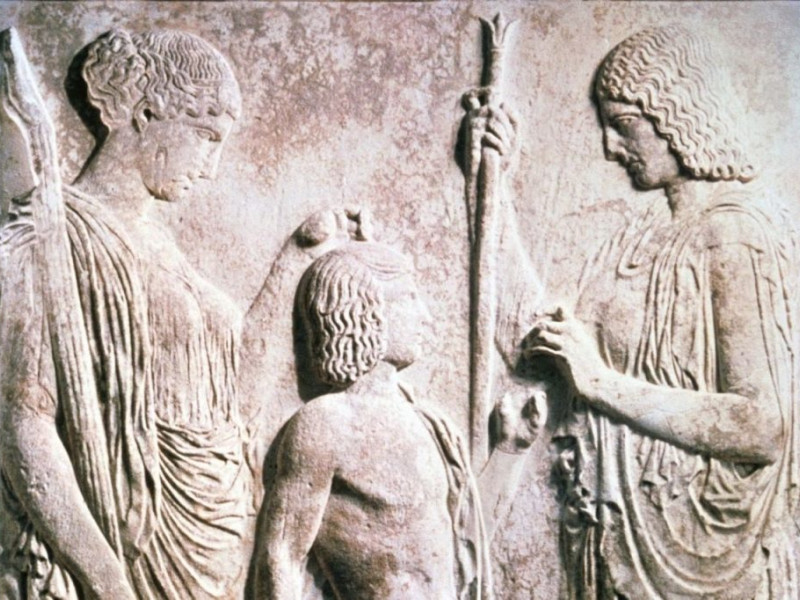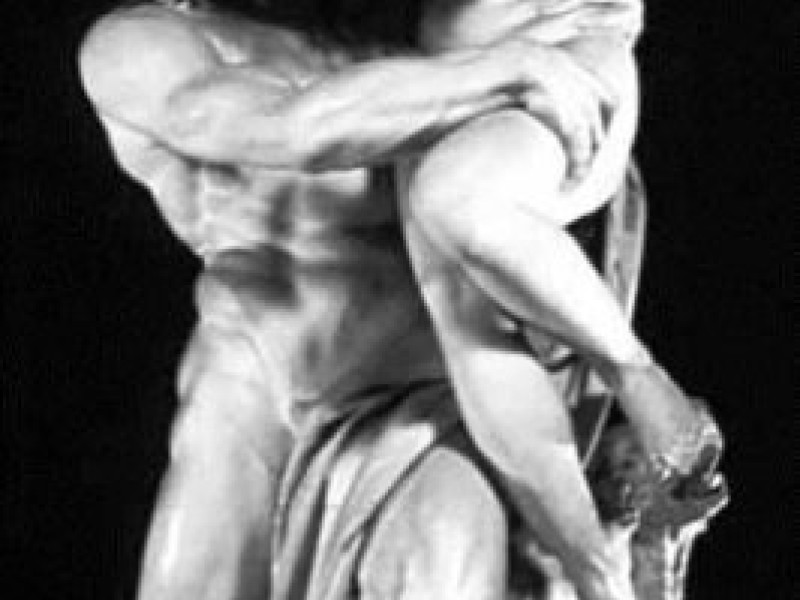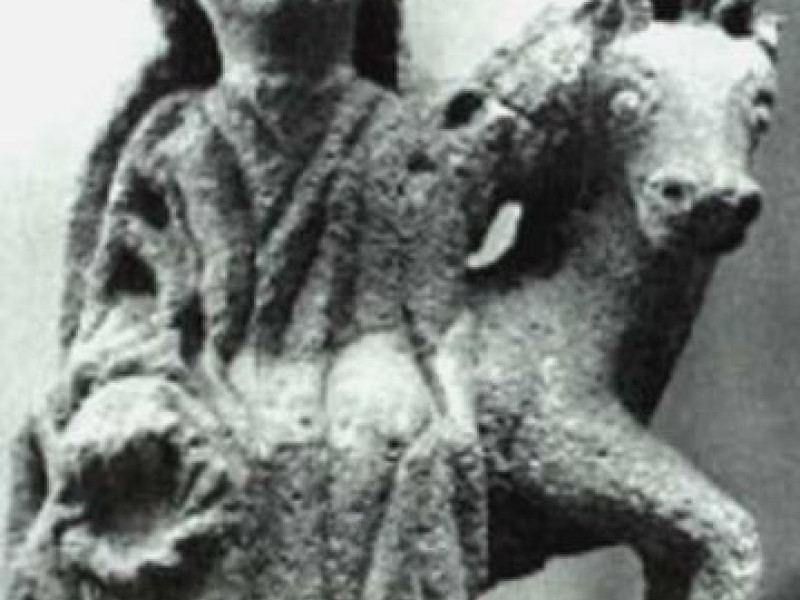Despoina
Goddess of horses. Despoina was the daughter of Poseidon and Demeter. Poseidon pursued his sister, who fled from him. Demeter disguised herself as a mare, hoping to hide among other mares, but Poseidon saw through the goddess' new form and transformed himself into a stallion, then mounted Demeter. Demeter bore Despoina and the magical horse named Arion. Desponia was sometimes confused with her half-sister, Persephone. There are no myths of her own, except what was told about her birth to Demeter. Despoina was one of the goddesses who was also worshipped in the Eleusinian Mysteries, though Despoina was not her true name; her real name was a secret that only the initiated knew.
By Jimmy Joe





